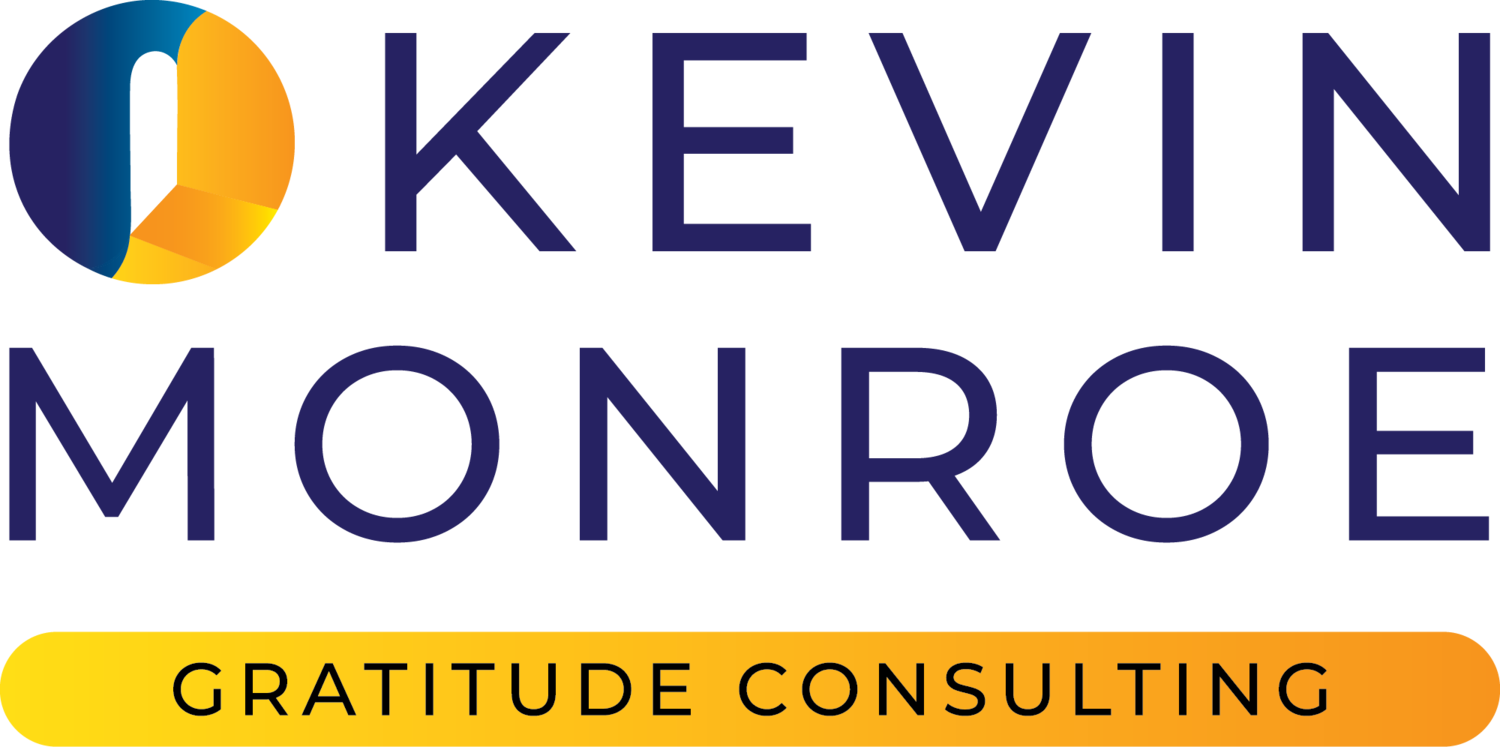The Power of Self-Compassion with Laurie Cameron
The Higher Purpose Podcast is being rebranded and refocused into the This Extraordinary Life Podcast. As part of the transition, we are replaying some of the episodes that have resonated deeply with Kevin and you, the audience. This week’s replay is Episode 134 with Laurie Cameron.
Laurie Cameron, founder of PurposeBlue and bestselling author of The Power of Self-Compassion, talks with Kevin Monroe about the benefits of mindfulness and the journey to self-compassion, as well as the hurdles one might come across on that journey.
The Inner Critic
Laurie shares a disheartening experience with someone in which her trust was broken. Her first thought was critical of herself and the red flags she ignored: her “inner critic” had reared its head. The inner critic is part of our biology and is there to protect us to ensure we survive both physically and emotionally, Laurie says. The first step in practicing self-compassion is not ignoring the inner critic, but acknowledging it and moving past the cognitive analysis of the hurtful event.
Shifting Your Perspective
Laurie communicates that some of our feelings of being hurt are due to a narrative that we tell ourselves. Mindfulness training helps you to observe your narratives, and analyze how you interpret others’ actions and intentions. Only then would you be able to shift your perspective to objectively understand your situation and avoid miscommunication.
Touch as Self Care
Kevin quotes from Laurie’s book, “Touch activates the physiology of care,” and comments that he hadn’t considered an individual’s touch to themselves falling under that category. He now realizes that you can apply the physiology of care to yourself. Laurie adds that the tool of touch is one of many approaches to practicing self-compassion and is a primal development of our biology.
I’m Not That Voice
We’re born with a negativity bias that has good intentions - to protect us - but is counterproductive as it creates a fixed mindset which is demotivating and stunts growth. The voice may be more dominant in individuals conditioned to be critical. We may associate our identity with that negative inner voice instead of seeing certain behaviors and patterns as transient. Thankfully, Laurie conveys, we can recondition or unlearn the negative voice and relearn a positive voice.
Self-Compassion is Not Self-Esteem
Self-esteem is tied to ranking, rating, and comparison to others. Comparison has caused much emotional suffering and loneliness in society. On the other hand, self-compassion has nothing to do with metrics; it’s all about how we see and treat ourselves in the moment. Laurie offers some insight and practical tips on how to practice self-compassion. She hopes that people can engage in mindfulness, self-awareness, and self-acceptance. Mindfulness is accepting that life is messy and mistakes are normal, she adds. It’s the practice of accepting what is and amplifying the good.
Resources
Kevin Monroe on LinkedIn | Twitter
Email: kevin@higherpurposepodcast.com
Call or text Kevin: 678-744-5111Join the community: KevinDMonroe.com/decade
